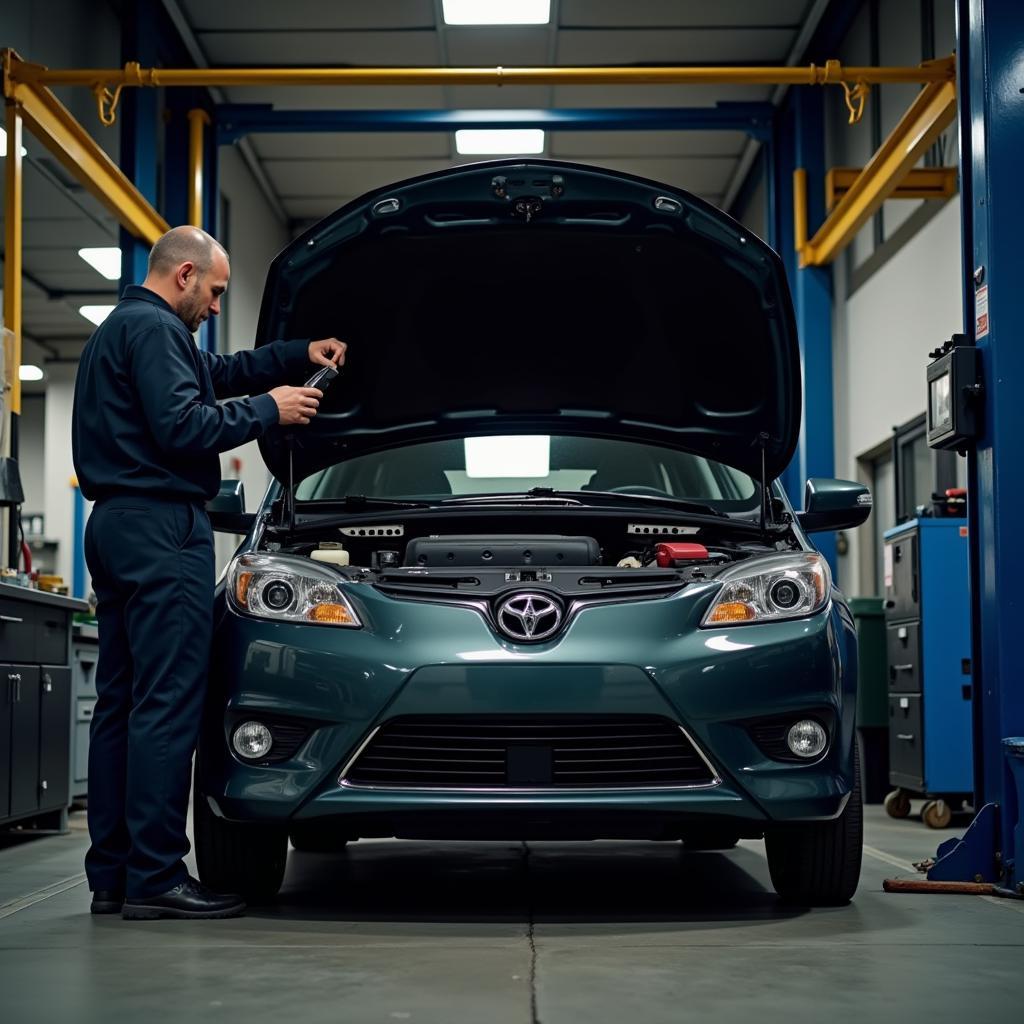Buying a used hybrid car can be a great way to save money and reduce your carbon footprint. However, as with any used vehicle, there are potential problems you should be aware of before you make a purchase.
Common Used Hybrid Car Problems
Hybrid cars have unique components that can experience wear and tear, potentially leading to costly repairs down the line. Here are some common problems to look out for:
1. Battery Degradation
The battery is the heart of a hybrid system, and unfortunately, it’s also often the most expensive component to replace. Over time, hybrid batteries degrade, meaning they lose their ability to hold a charge. This can lead to reduced fuel efficiency, decreased performance, and eventually, battery failure.
What to look for: Ask for the vehicle’s service history and if possible, have a mechanic perform a battery health check. Be wary of used hybrids with significantly reduced gas mileage compared to their advertised estimates.
2. Hybrid System Malfunctions
Beyond the battery, other components within the hybrid system can malfunction. These include the electric motor, power electronics controller, and various sensors. Issues with these components can trigger warning lights, cause the car to enter “limp mode,” or even lead to complete system failure.
What to look for: Pay attention to any dashboard warning lights related to the hybrid system. During a test drive, listen for unusual noises and note any hesitation or jerking during acceleration.
3. Brake System Wear
Hybrid cars often utilize regenerative braking systems that use the electric motor to help slow the vehicle and recharge the battery. While efficient, this can put different wear patterns on traditional brake components.
What to look for: Check the brake pads and rotors for uneven wear. Inquire about the car’s braking history and whether any components have been replaced recently.
problems with buying used hybrid cars
4. Software Issues
Modern hybrids rely heavily on software to manage the interaction between the gasoline engine and electric motor. Software glitches can lead to a range of problems, from minor inconveniences to major drivability issues.
What to look for: Research common software issues associated with the specific make and model you’re considering. Ensure the car has received the latest software updates from the manufacturer.
Tips for Buying a Used Hybrid Car
 Mechanic Inspecting Used Hybrid Car
Mechanic Inspecting Used Hybrid Car
Despite these potential problems, buying a used hybrid can still be a wise decision. Here are some tips to minimize your risk:
- Get a Pre-Purchase Inspection: This is crucial for any used car, but even more so for hybrids. Have a qualified mechanic specializing in hybrid vehicles thoroughly inspect the car, paying close attention to the battery and hybrid system.
- Buy from a Reputable Dealer: A reputable dealer will be transparent about the car’s history and offer some form of warranty or guarantee.
- Check the Vehicle History Report: Obtain a vehicle history report from Carfax or AutoCheck to uncover any past accidents, title issues, or maintenance records.
- Consider a Certified Pre-Owned (CPO) Hybrid: CPO vehicles undergo a rigorous inspection process and come with a manufacturer-backed warranty, offering additional peace of mind.
- Factor in Battery Replacement Costs: Research the cost of battery replacement for the specific make and model you’re interested in, so you’re prepared should the need arise.
Conclusion
Buying a used hybrid car can be a smart choice, but it’s essential to be aware of the potential problems. By following the tips outlined above and being diligent in your research, you can increase your chances of finding a reliable and fuel-efficient vehicle. If you experience any car problems, remember to contact the experts at AutoTipPro for assistance. Our number is +1 (641) 206-8880, and our office is located at 500 N St Mary’s St, San Antonio, TX 78205, United States.







Leave a Reply